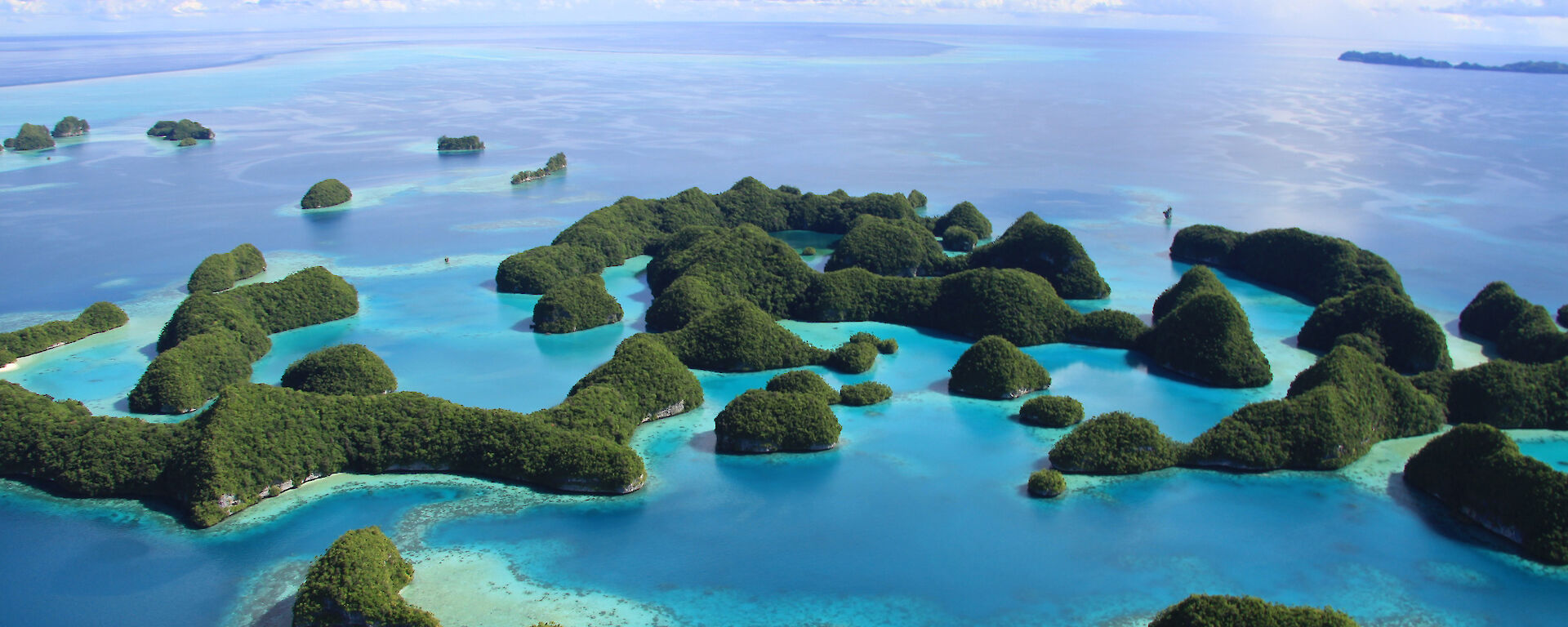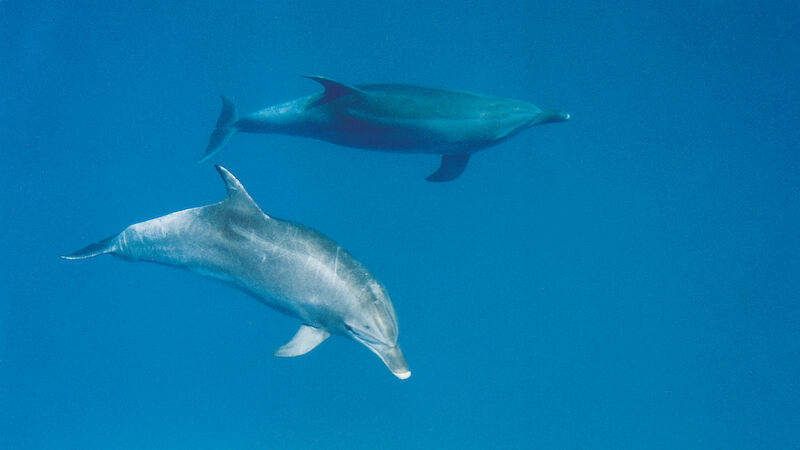The tiny Micronesian island of Palau, in the North West Pacific Ocean, will conduct its first dedicated investigation into the status of cetaceans in the region, after the Government of Palau declared a new national marine mammal sanctuary in Palau’s exclusive economic zone in October 2010.
While little is known about the abundance and distribution of cetaceans in the country, anecdotal information from a pilot study conducted by Whales Alive in 2010, suggests that at least 15 species may occur here, including Bryde’s whales, endangered species such as sperm whales, and deep-diving beaked whales whose distribution is relatively unknown.
The Palau Marine Mammal Research Project aims to address this knowledge gap by developing a cetacean species list and defining areas of important habitat for cetaceans in Palau waters using visual and acoustic survey methods. Species and habitat information generated from this survey will be used to inform the management and conservation goals of the Palau Whale Sanctuary, and the growth and sustainability of whale and dolphin watching tourism in Palau. Such scientific information is needed before management strategies such as zoning, tourism licensing, and potential fishing restrictions, can be developed to better protect and manage cetaceans within the Palau Whale Sanctuary, particularly species of conservation concern such as sperm whales.
The project will include a training workshop for survey volunteers and collaborators, such as government personnel, tourism operators, non-governmental organisations, students, and private boat owners, to build local capacity and expertise in marine mammal research. The workshop will cover research and data collection techniques, biology and behaviour of common species of marine mammals, and vessel operations in relation to marine mammals.
The research team will also work with local partners to conduct a public education program over six weeks, involving weekly public presentations, school visits and floating classroom sessions for senior science students, who will be offered an opportunity to work first hand with the survey team.
The collaborative project involves Whales Alive, the Palau Government, and local non-governmental organisation Sustainable Decisions, with support from the Indo-Pacific Cetacean Research and Conservation Fund.
OLIVE ANDREWS
Whales Alive



